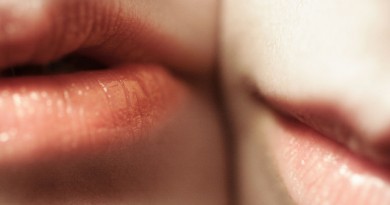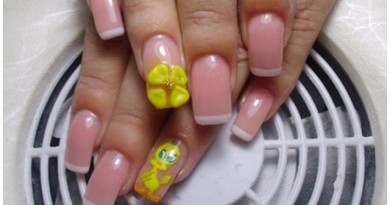How Much Does A Dental Crown Cost?
Good oral hygiene is important to keeping our teeth healthy as we grow older. Through genetics or bad hygiene, some people find that they need to have a dental crown to fix problems with their teeth, whether they are weak, cracked, broken, worn down, or severely discolored. If you have these issues, or if your dentist has recommended that you get a dental crown, one of your first questions will probably be how much does a dental crown cost?
What Is A Dental Crown?
A dental crown is a cap shaped like your tooth that is placed over it to restore its size, shape, and strength in addition to improving its appearance. Your dentist will use cement to encase the tooth from the gum line up so the original tooth is not visible. To perform a dental crown procedure, your dentist will take some x-rays to inspect the roots of your tooth and its surrounding bones. If there is decay or risk of injury or infection, they may perform a root canal first. Before the crown is fitted, the dentist will numb the tooth and gum area. The tooth will then be filed down at the chewing surface and around the sides in order to make room for the crown between your other teeth. The amount filed will depend on the materials used. If parts of the teeth are missing, the dentist may build up these areas with filling material to give the crown support. An impression putty or paste will be molded around the tooth in order to make an impression above and below. This will guarantee the crown will not change your bite. The dentist will make a temporary crown of acrylic to protect and cover the tooth while the long-term crown is being made. The dentist will send the impressions to a dental laboratory that will manufacture the crown, which will arrive at your dentist’s between 2 to 3 weeks. During your second visit, the dentist removes the temporary crown and will check the color and fit of the permanent piece. A local anesthetic is used to numb the area while the crown is cemented permanently in place.
How Much Should A Dental Crown Cost?
When you are looking for the average cost of a dental crown procedure, there are some guidelines that may help you. Porcelain crowns will be more expensive than gold crowns because the dentist will need more time to properly fit and cement this type. Gold crowns, porcelain over metal, and porcelain crowns will usually cost between $600 and $3100 each. All-porcelain or reinforced resin are the most expensive types because they require more skill from the dentist and the manufacturing laboratory. Check with your insurance company to see how much they will pay for crowns before having this procedure done. The average cost of a dental crown also depends on where the procedure is performed, the dentist’s fees, and how many in-office treatments are required for the procedure.
The cost of a dental crown procedure varies depending on several factors. First, you must decide which material is best for the location in your mouth and the dental crown cost. You must also choose your dentist wisely; if you do not have a regular dentist, do some research online to find one that has a good reputation and is properly licensed. If you find that visiting a dentist in the city is too expensive, you may wish to head to a rural location. A specialist will also be more expensive than a dentist, but may be necessary if you need specialized work. If you are concerned about the cost of a dental crown procedure, call around to find an office that offers a good price if you do not have insurance. If you do have insurance, be sure to clarify which expenses they will cover, as many insurance companies will not pay for the full procedure. If you still cannot afford to have this done, look for local organizations that offer discounts based on financial need. If you have the dental crown procedure done correctly, it can save a few years of pain and increasing dental bills.
What Are The Types Of Dental Crowns?
The materials used will affect the dental crown cost, and most dentists will give you several choices. Some crowns are made from metals including palladium or gold, or alloys using a base metal such as nickel or chromium. These crowns require less filing and reduced wear to surrounding teeth. These crowns usually last the longest and rarely break or chip and are usually chosen for molars, as many do not like the metallic color in the visible parts of their mouth. Another popular dental crown material is porcelain fused to metal, which allows the color to be matched to your natural tooth color. On the other hand, the opposing teeth will experience more wear and the porcelain portion is more likely to break off or chip. Some users have found that the metal under the porcelain may appear as a dark line at the gum line, especially if the gums recede, and these crowns are often used for back or front teeth.
All-resin dental crowns cost less than the other types, but they wear down more quickly and break more easily then porcelain fused to metal crowns. All-porcelain or all-ceramic dental crowns are the most natural color match to your teeth and are often used for patients with metal allergies. These crowns cause more wear on opposing teeth than resin or metal crowns, but these are a good choice for front teeth because of the color. Temporary crowns are usually made from acrylic or stainless steel, and are used for temporary restoration while the patient waits for the permanent crown to be manufactured and delivered. Talk to your dentist about these materials to find the best dental crown cost for your needs.
- 715SHARES






